Center for Collective Learning
Why are some countries rich and others poor?
How does the structure of an economy impact the environment?
How do economies enter new activities?
And how do disruptive technologies, such as artificial intelligence affect labor?
The Center for Collective Learning is an interdisciplinary research group based at the Corvinus University of Budapest and at the University of Toulouse exploring questions of economic complexity, city science, and organizational mapping
Our mission
The Center for Collective Learning team’s mission is to develop knowledge and tools enhancing our understanding of the spatial and temporal organization of knowledge.
At the CCL we use data science tools and machine learning techniques to understand the dynamics of knowledge in countries, cities, and firms. We focus on questions of economic complexity, city science, and organizational mapping, with expanding the topics as the Lab grows.
The lab is supported by a five-year European Research Area Chair (ERA Chair) award designed to increase the opportunities for Europe to attract and maintain talent.
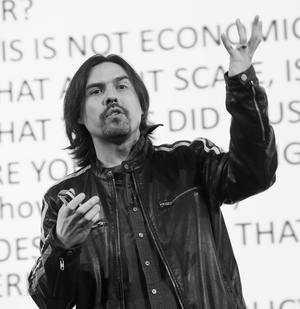
The lab is led by César A. Hidalgo, a Chilean-Spanish-American scholar known for his contributions to economic complexity, data visualization, and applied artificial intelligence. He is the founding director of the Center for Collective Learning at Corvinus University, and holder of the ERA Chair. Hidalgo also leads the Center for Collective Learning at the University of Toulouse (where he holds an ANITI Chair) and is an Honorary Professor at the University of Manchester’s Business School and a Visiting Professor at Harvard’s School of Engineering and Applied Sciences.
Between 2010 and 2019 Hidalgo led MIT’s Collective Learning group. Prior to working at MIT, Hidalgo was a research fellow at Harvard’s Kennedy School of Government (HKS). Hidalgo is also a founder of Datawheel, an award winning company with 10 years of experience in the creation of data distribution and visualization systems. He holds a PhD in Physics from the University of Notre Dame and a Bachelor in Physics from Universidad Católica de Chile.
“I am very excited for the opportunity to lead the CCL team at Corvinus exploring the boundaries of knowledge. Corvinus University is at the heart of a European city with one of the greatest cultural and scientific heritages. With Budapest history of data and network science Corvinus is an ideal place for creativity, learning, entrepreneurship, and exploration.”
César A. Hidalgo
The Team
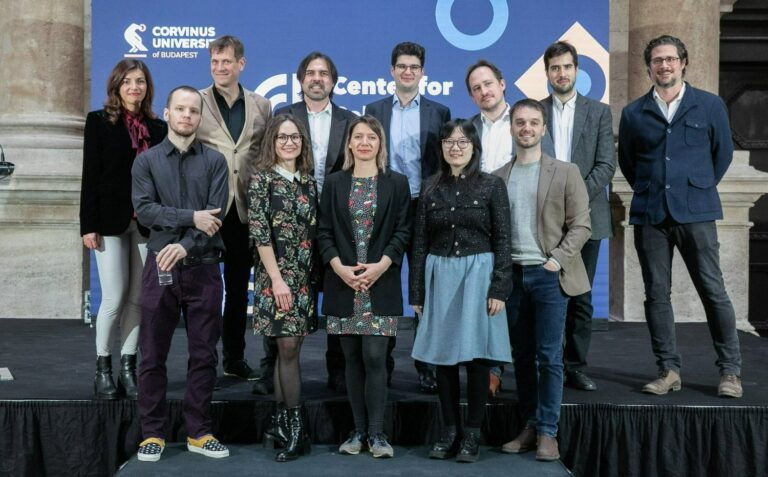
The Center for Collective Learning (CCL) consists of three research groups.
Collective Learning Group

Professor César A. Hidalgo, PI & Director of CCL
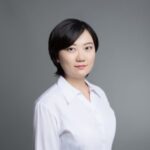
Manran Zhu, Postdoctoral Research Fellow

Chiara Zappalà, Postdoctoral Research Fellow

Melanie Oyarzún,Postdoctoral Research Fellow
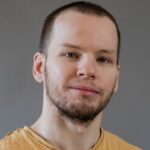
Endre Borza, Research Data Engineer

Gábor Mészáros, Postdoctoral Research Fellow
Computational Inequalities Group

Orsolya Vásárhelyi, Assistant Professor & PI

Maitreyee Tewari, Postdoctoral Research Fellow
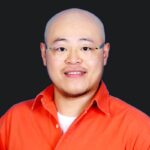
Yajie Wang, Postdoctoral Research Fellow
Organizational Dynamics Group
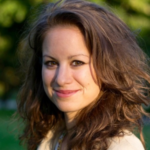
Rebeka O. Szabó, Assistant Professor & PI

Waseem Bahadur, Postdoctoral Research Fellow
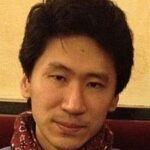
Charles Wan, Postdoctoral Research Fellow
CCL’s daily operations in Budapest are overseen by Anita Király, Project Manager and Veronika Hamar, Executive Director.
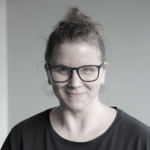

“At the CCL we connect researchers, businesses and policy makers to bring us closer to a prosperous, fair and sustainable society.”
Projects
Rankless
Rankless is a data exploration platform that allows you to explore the impact of universities without the need for rankings. All universities make impact that is specific to the the topics they specialize in and the geographies they inhabit. If you want to understand academic impact, you need to explore more and rank less.
Research
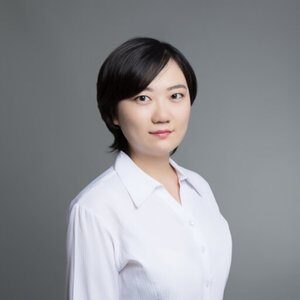
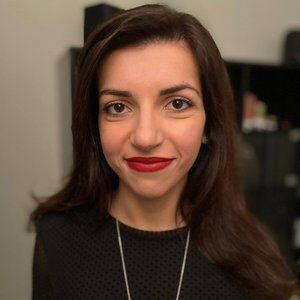
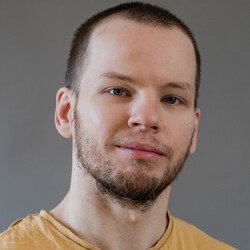
Events
More events coming soon…
Contact us
For more details about the CCL team’s work and for reading publications and finding videos of talks please visit:
https://centerforcollectivelearning.org/
Our Budapest office is located in the Corvinus Institute for Advanced Studies (CIAS)
Budapest, Közraktár u. 4-6. Corvinus Building C, Floor 7
You may write to us at: ccl(at)uni-corvinus.hu
For strategic cooperation please contact: Veronika Hamar at veronika.hamar(at)uni-corvinus.hu


CCL in Budapest is funded by the European Union, under Horizon EU project LearnData, 101086712.
Disclaimer: The European Commission’s support for the production of this publication does not constitute an endorsement of the contents, which reflect the views only of the authors, and the Commission cannot be held responsible for any use which may be made of the information contained therein.